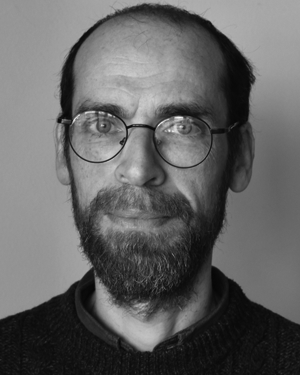Abstract:
Circuit simulation, together with practical sessions, is considered a fundamental tool to assist in the teaching of electronics. Robotics offers rich real-world applicati...Show MoreMetadata
Abstract:
Circuit simulation, together with practical sessions, is considered a fundamental tool to assist in the teaching of electronics. Robotics offers rich real-world applications that foster student interest in developing engineering projects. Despite the potential benefits of uniting these two realities, software tools that combine circuits and robotic systems in a single simulation platform are scarce. This article presents Ardosia, a simulation software that combines electronics and robotics in a single simulation arena. The electronic aspects of the simulation are handled by the Falstad Circuit Simulator, a software with proven success in promoting student interest and learning outcomes. Importantly, this software features significant interactive and visualization characteristics that are deemed valuable to enhance conceptual understanding. Non–electrical physics simulation is performed by a special-purpose engine, designed to simulate sensor and actuator behavior in a 2-D world. In combination, the two simulation engines yield a model where electronic circuits are embodied in the world through robot sensors and actuators interacting together and with the surroundings. Such a simulator is intended to promote the use of robotics projects in electronics education, since students will be equipped with software to conveniently design and evaluate robotic systems, through simulation, before applying their ideas in an experimental setting. This article presents an overview of Ardosia, complemented with examples of use in electronics education and a validation experiment comparing simulation with real-world data.
Published in: IEEE Transactions on Learning Technologies ( Volume: 16, Issue: 2, 01 April 2023)

Mechanical Engineering Department, Instituto Superior de Engenharia de Lisboa, Lisbon, Portugal
Francisco M. Campos was born in Lisbon, Portugal, in 1975. He received the M.S. degree in mechanical engineering from Instituto Superior Técnico, Lisbon, in 2003, and the Ph.D. degree in computer science from Universidade de Lisboa, Lisbon, in 2015.
Since 2005, he has been an Associate Professor with the Mechanical Engineering Department, Instituto Superior de Engenharia de Lisboa, Lisbon. His research interests include ed...Show More
Francisco M. Campos was born in Lisbon, Portugal, in 1975. He received the M.S. degree in mechanical engineering from Instituto Superior Técnico, Lisbon, in 2003, and the Ph.D. degree in computer science from Universidade de Lisboa, Lisbon, in 2015.
Since 2005, he has been an Associate Professor with the Mechanical Engineering Department, Instituto Superior de Engenharia de Lisboa, Lisbon. His research interests include ed...View more

Mechanical Engineering Department, Instituto Superior de Engenharia de Lisboa, Lisbon, Portugal
Francisco M. Campos was born in Lisbon, Portugal, in 1975. He received the M.S. degree in mechanical engineering from Instituto Superior Técnico, Lisbon, in 2003, and the Ph.D. degree in computer science from Universidade de Lisboa, Lisbon, in 2015.
Since 2005, he has been an Associate Professor with the Mechanical Engineering Department, Instituto Superior de Engenharia de Lisboa, Lisbon. His research interests include educational technologies, mobile robotics, robotic manipulation, and computer vision.
Francisco M. Campos was born in Lisbon, Portugal, in 1975. He received the M.S. degree in mechanical engineering from Instituto Superior Técnico, Lisbon, in 2003, and the Ph.D. degree in computer science from Universidade de Lisboa, Lisbon, in 2015.
Since 2005, he has been an Associate Professor with the Mechanical Engineering Department, Instituto Superior de Engenharia de Lisboa, Lisbon. His research interests include educational technologies, mobile robotics, robotic manipulation, and computer vision.View more


